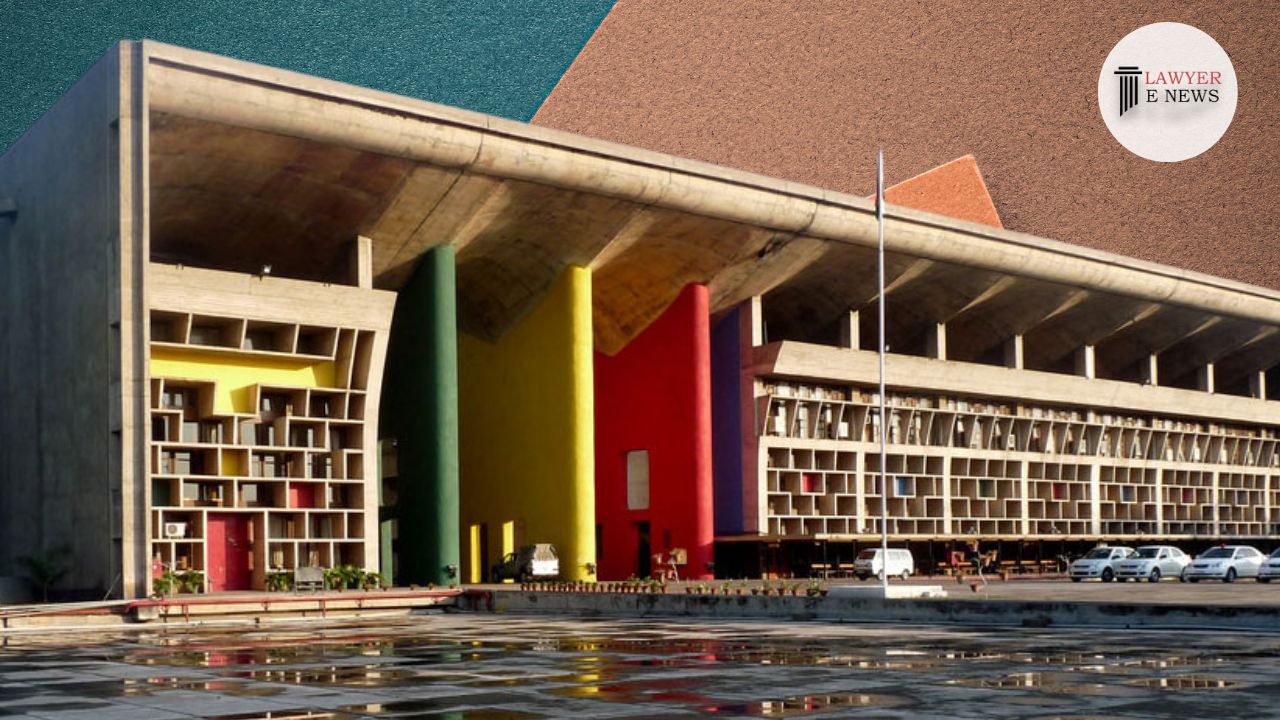-
by Admin
19 February 2026 3:26 AM



In a recent decision, the High Court of Punjab and Haryana at Chandigarh quashed and set aside a declining order of parole and ordered the release of the petitioner on parole for eight weeks. The petitioner, Rashpal Singh, had been convicted and sentenced for offences punishable under Sections 21/23/28/29/60/61/63 of the NDPS Act by the learned Judge Special Court, Ludhiana. He had challenged the conviction and sentence through a criminal appeal (CRA-D-14-2022) before the High Court.
During the pendency of the appeal, Singh filed a motion seeking relief for his release on parole for eight weeks to meet his family members. However, the motion was rejected through a declining order enclosed in Annexure P-2. Singh challenged the declining order through a writ petition before the High Court.
Justice Sureshwar Thakur, who delivered the oral order on behalf of the Bench, held that the declining order was ill-informed and not founded upon any credible material. The primary reason cited for denying parole was that there were chances of the petitioner re-indulging in criminal activities and causing a breach of law and order in the locality concerned. However, the Court held that both these reasons were not supported by any credible material and were founded upon mere apprehensions.
The Court also noted that there was no adverse report by the Superintendent of the Jail concerned regarding Singh's conduct during his incarceration in jail. Thus, the Court held that the impugned order suffered from non-application of mind and deserved to be quashed and set aside.
The Court allowed the writ petition and ordered the release of the petitioner on parole for eight weeks subject to his furnishing personal and surety bonds in a sum of Rs. One Lakh each to the satisfaction of the Competent Authority. The petitioner was also required to undertake that he would return to the prison concerned immediately on expiry of the parole period. The Court reserved liberty to the jurisdictional SHO concerned to forthwith arrest the petitioner and produce him before the jurisdictional Magistrate concerned in case he breached the conditions of the parole.
D.D-28.Apr.23
RASHPAL SINGH vs STATE OF PUNJAB AND ORS.
